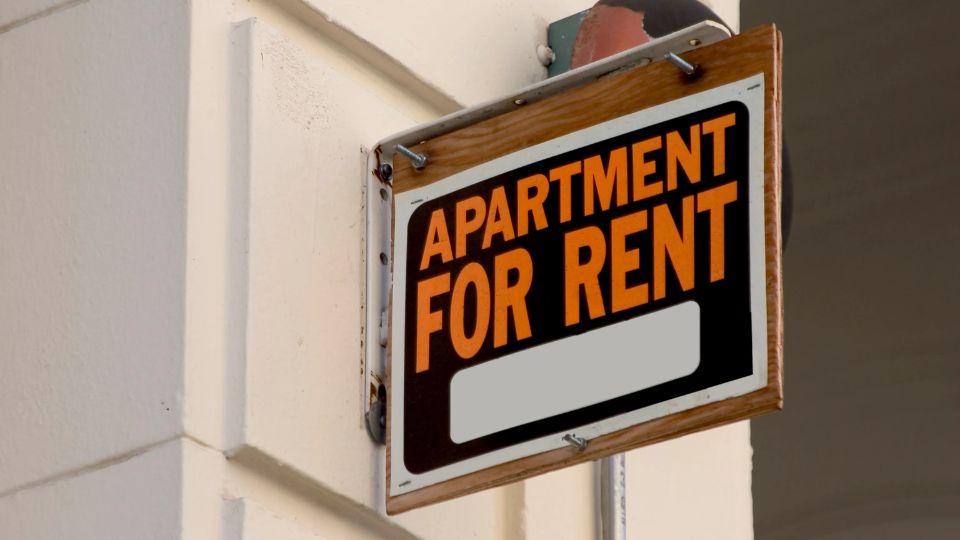California recently implemented new rental laws that provide both tenants and landlords with numerous protections. Although not all of the state’s attempts to reform rental laws have been successful, a number of bills have been approved, and the new rental laws will be implemented on July 1, 2024. Here are some key changes.
Updated Security Deposit Policy
Starting July 1, 2024, landlords are limited to charging a security deposit equivalent to one month’s rent, regardless of the unit’s furnishings. Certain small landlords have an exception to this rule, which permits them to charge up to two months’ rent as a security deposit. In order to be eligible for the exemption, the landlord must not possess more than two rental properties with a total of four units and must be an individual or an LLC where all members are individuals.
Trespass Letters Now Valid for One Year
SB 602 is a recent legislation providing additional safeguards for landlords handling trespassers. In California, landlords facing problems with unwanted visitors on their property can send a ‘no trespass’ letter (also called a 602 letter). During the 602 letter period, local law enforcement can remove trespassers. In the past, the letter would expire in 30 days, but the updated law now permits landlords to keep the 602-letter active for up to 12 months.
Micro-mobility devices can be stored in the unit.
Landlords can no longer ban tenants from storing e-bikes and scooters in their apartments. Devices need to have batteries approved by the Consumer Product Safety Commission. If the device lacks approved batteries, the landlord may ask the tenant to obtain an insurance policy or avoid charging the batteries in the unit. On the other hand, the landlord could provide extended, safe storage options outside the unit if they prefer not to have the device inside the apartment.
Also Read: Oregon Rent Increase Laws 2024: Everyone Needs to Know
Updates to Just Cause Evictions
The Tenant Protection Act of 2019 has been updated with new guidelines regarding just cause evictions. A just cause eviction occurs when a landlord wants to terminate the tenancy because they or a close family member plans to move into the unit. The new law mandates certain notifications to the tenant and imposes harsher consequences for landlords who violate the regulations.
Email for Tenant Screening Fees
Landlords and tenants have the option to use email for sending a screening fee receipt if they both agree and the applicant is willing to share an email address. In the past, landlords had to either mail it or deliver it in person. Landlords are required to provide a “Ability to Pay” option instead of conducting credit checks for tenants receiving a government subsidy.
SB 267 introduces additional limitations on utilizing credit history checks to screen applicants receiving government subsidies like Section 8. Landlords who agree to accept the subsidy cannot check a tenant’s credit history during the application process unless they are open to considering alternative proof of the person’s repayment capability.
You can show your ability to pay by providing government benefits payments, bank statements, or other payment records. The new law only pertains to tenants utilizing a government subsidy. Landlords are still allowed to ask for employment proof, references from previous landlords, or conduct a background check.
Conclusion
California has implemented new rental laws, including an updated security deposit policy, trespass letter validity, and the storage of micro-mobility devices in apartments. Landlords can now send a “no trespass” letter to trespassers, and can store e-bikes and scooters in units with approved batteries. The Tenant Protection Act of 2019 has been updated with new guidelines for just cause evictions. Tenant screening fees can now be sent via email, and landlords must provide a “Ability to Pay” option for government subsidy applicants.



Leave a Reply